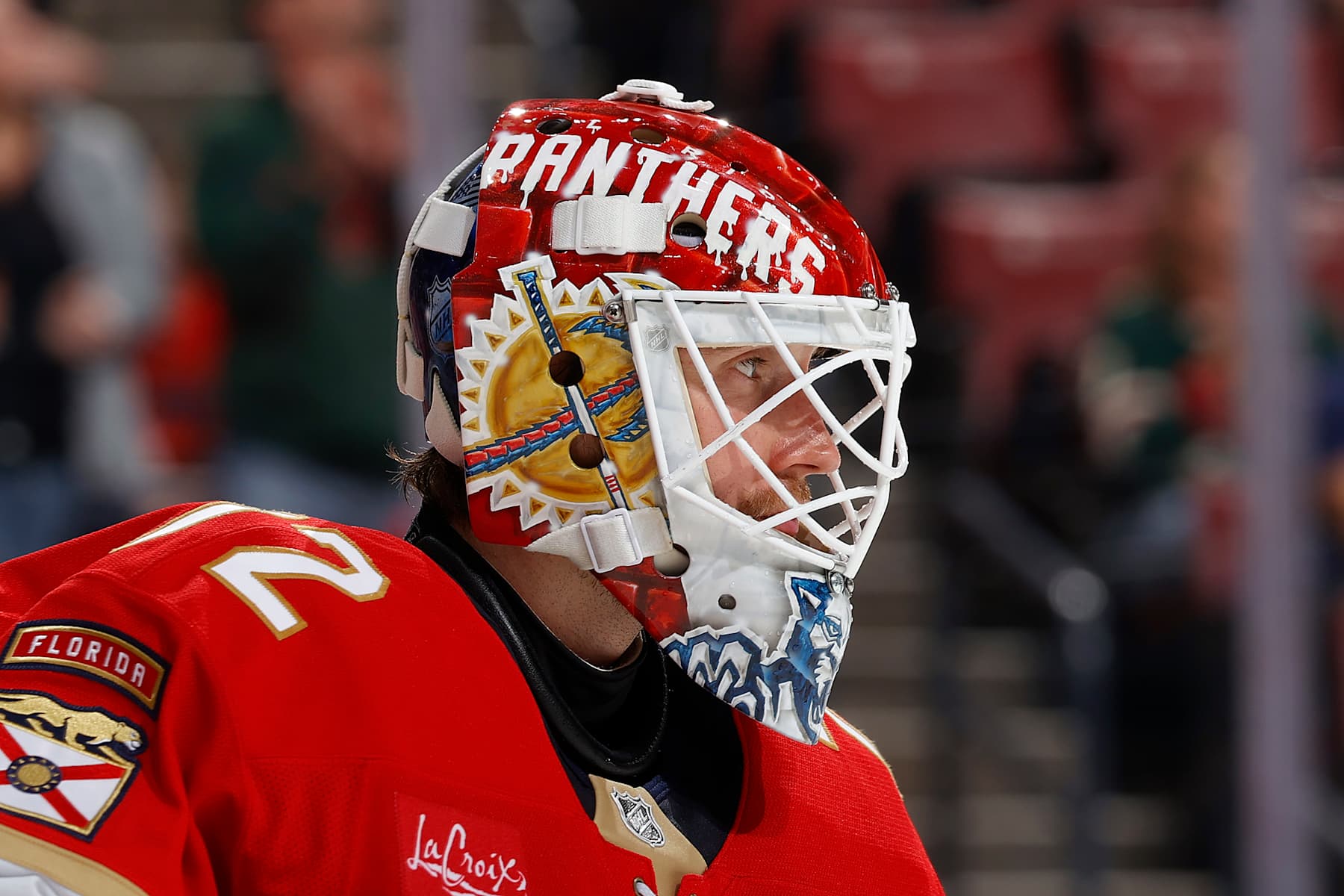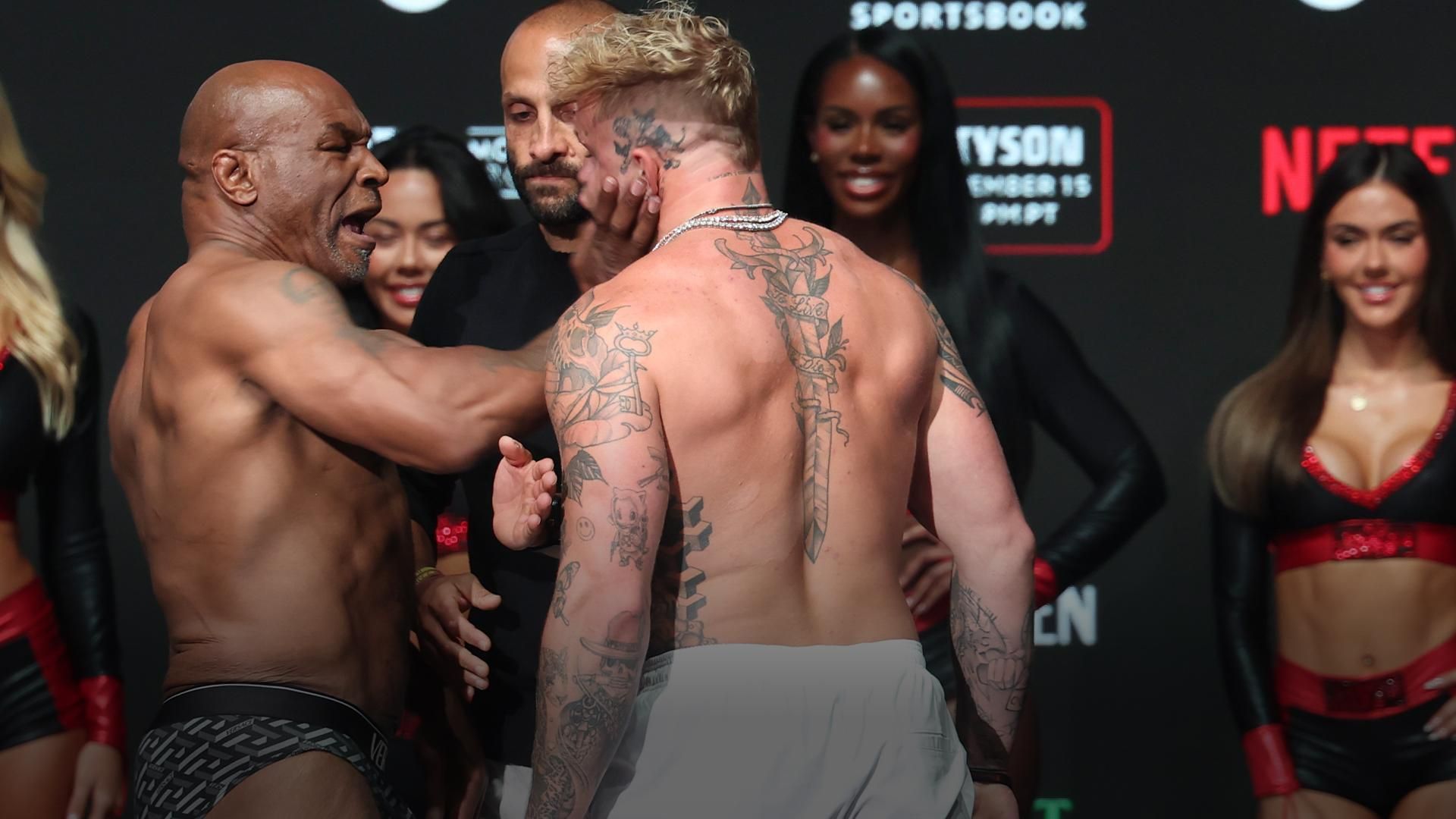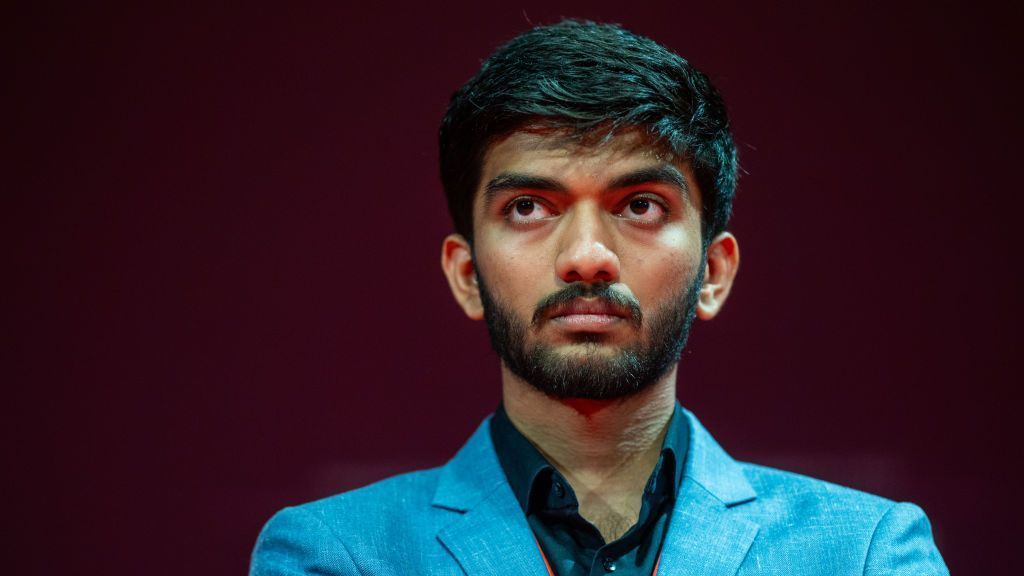
At some point over the next year, Igor Shesterkin is likely to sign one of the largest goalie contracts we have ever seen in the NHL. Maybe not in terms of the number of years, but certainly in terms of average annual salary. He is arguably the best goalie in hockey, the focal point of the Rangers organization and still very much in the prime of his career.
The only question to be answered is whether he signs it with the Rangers (likely) or somebody else (only if the Rangers make a significant miscalculation and mistake). Goaltending used to be a position that teams did not want to invest long-term in because of how unpredictable the position could be, and that was especially true in the early part of the salary cap era. There have been, however, some major goalie contracts handed out over the past 25 years with more and more of them coming over the past few years.
We are going to look back at some of those contracts and hand out some grades for how they have worked out and how they look right now. Given how recent some of these contracts are some of the grades might be incomplete. Some are pretty obvious as to whether or not they worked as intended.
We limited this to contracts that were at least seven years in length. The contract: 15 years, $67.5 million The grade: F In the late 1990s and early 2000s, the New York Islanders were one of the wildest teams in the NHL just because you never knew what their front office was going to do.
The DiPietro contract is the one that really kicked off the mega-long contracts in the NHL, and it could not have gone worse for the Islanders. After signing the contract in September 2006, DiPietro played just two full seasons in the NHL and then had his career ravaged by injuries, never allowing him to reach his full potential or be the player the Islanders wanted or hoped he could be. DiPietro played just 318 games in his NHL career, with only 175 coming after he signed the contract.
He only played seven years in the NHL after signing the 15-year deal. His career is one of the big "what ifs" in modern NHL history because he had a chance to be an outstanding goalie if things had gone differently for him in terms of his health. The contract: 12 years, $64 million The grade: B In 2009, the Canucks signed Luongo to a 12-year, front-loaded contract to reduce the salary cap hit to keep their franchise goalie in place.
Luongo only played four-and-a-half years with the Canucks after signing that contract before eventually being traded to the Florida Panthers. Even with the trade, Luongo remained a top-tier goalie for most of the next decade. He helped the Canucks reach the 2011 Stanley Cup Final, and from 2009-10 until the end of his career in 2019 Luongo's .
918 save percentage was 14th out of 82 goalies that appeared in at least 100 games during that stretch. Whether it was in Vancouver or Florida, he justified the contract and the 12-year length made his $5 million salary cap number perfectly reasonable for the level of play he provided. The contract: Eight years, $84 million The grade: C At his peak, Price was one of the best goalies in hockey and at times was single-handedly responsible for getting some mediocre Canadiens teams into the playoffs and taking them further than they had any right to go.
In 2017, the Canadiens rewarded him with an eight-year contract that carried quite a bit of risk. The risk was entirely due to his age (he was already 30 at the time) and how many more years of top-tier play he had remaining. As it turned out, not many.
Price appeared in just 203 regular season games over parts of five seasons after signing the contract with very mixed results. He never approached his peak production, but he did have his moments. The best of those moments came during the 2020-21 postseason when he found the fountain of youth for a few weeks and helped the Canadiens go on a stunning run to the Stanley Cup Final.
He is technically still under contract with the Canadiens, but his playing days are over with the team placing him on LTIR. The contract expires following the 2025-26 season. The contract: Nine years, $51 million The grade: F The Flyers' decades-long quest to find a franchise goalie saw them get bold in the summer of 2011.
They completely gutted their roster by trading Jeff Carter and Mike Richards -- two core players of a team that was just two years removed from playing in the Stanley Cup Final -- so they could rebuild their team around Bryzgalov, who they had signed to a nine-year, $51 million contract. While Bryzgalov was the most interesting and fascinating player in the league off the ice, he was a mess on it for the Flyers and never came close to matching what he had done during his previous stop with the Arizona Coyotes. Bryzgalov played just two years with the Flyers and was one of the least productive goalies in the league during that stretch and was eventually bought out before the 2012-13 season when the NHL gave teams the option for compliance buyouts under the new CBA.
He only played two more years in the NHL and the Flyers became mired in a decade of inconsistent mediocrity that still continues today. The contract: 10 years, $58 million The grade: B The Quick contract in Los Angeles is a complicated one to evaluate. On one hand, most of his career was pretty ordinary and made the Kings' Tweet announcing the signing one of the great long-time hockey memes .
On the other hand, he had some spectacular highs and some truly incredible postseason performances, including the 2013-14 season when he backstopped the Kings to their second championship in three years. That along is something that makes the contract worth it even if there was a lot of mediocrity around it. Banners hang forever and Quick helped put two of them in the rafters of the Staples Center.
That counts for a lot and overshadows a lot of inconsistent play. The contract: Eight years, $51.2 million The grade: D When the Ducks signed Gibson before the 2018-19 season it seemed like a good idea at the time.
Gibson was statistically speaking one of the best goalies in hockey and still just 25 years old. He had one more big season with a .917 save percentage and then had his production drop down to the .
904 mark the next season. His save percentage has not topped the .904 mark in the past five seasons, and he has been under .
900 since the start of the 2023-24 season. Whether it was Gibson's play regressing, the team around him getting worse, or a combination of the two developments, he has not come close to justifying the contract the Ducks signed him to. The contract: Eight years, $76 million The grade: A Vasilevskiy still has four more years (including this season) remaining on his contract, and given the way he has played since the start of the 2023-24 season there is a chance that the second half of the deal will not go as well as the first half.
He is starting to show some signs of slowing down, and he might not still be one of the best goalies in hockey. But the first half of the contract was a gigantic win for the Lightning. Vasilevskiy was one of the best goalies in hockey through the end of the 2022-23 season, helping the Lightning win back-to-back Stanley Cups and play in three consecutive Stanley Cup Finals between 2020 and 2022.
When he was at his peak he was not only one of the best goalies in the league, he was also extraordinarily durable and was a constant rock in the Lightning crease. Even if he never plays to that level again over the next few years, he still plays a key role in a couple of Stanley Cup teams and that alone makes him worth every penny Tampa Bay spent on him. The contract: Seven years, $70 million The grade: B+ The Panthers signed Bobrovsky in free agency before the 2019-20 season in the hopes that he could solve their goaltending issue.
It seemed like a good bet since Bobrovsky had already won two Vezina Trophies and was one of the best goalies in the world. Bobrovsky has not been as consistently great as he was during his time with the Columbus Blue Jackets, and he had a couple of more playoff disappointments with the Panthers, but he put things together in the past two postseasons and changed the narrative around his playoff career. He helped the Panthers make back-to-back Stanley Cup Finals, including the 2023-24 season where he backstopped the team to its first ever championship.
His overall save percentage with the Panthers is .014 points lower than it was in Columbus (going from .921 to .
907) but they brought him in to win a championship. He delivered on that and in the process cemented his status as a future Hall of Fame goalie. The contract: Seven years, $35 million The grade: A Fleury signed his long-term deal with the Penguins just before the start of the 2008-09 season.
It came on the heels of an incredible 2008 playoff run where he helped the Penguins reach the Stanley Cup Final where they would lose in six games to the Detroit Red Wings. Fleury was so good during that playoff run that had the Penguins won he probably would have been a runaway favorite for the Conn Smythe Trophy. He came back the next season, and in the first year of his contract, and helped them win a Stanley Cup by beating the same Red Wings team with Fleury making a buzzer-beating save on Nicklas Lidstrom to secure the championship.
While he would have some wildly disappointing playoff runs over the next few years, he played a key role on two more Stanley Cup-winning teams in Pittsburgh before leaving the team in the 2018 Vegas expansion draft. He was the first part of the Penguins' early 2000s rebuild and arrived in Pittsburgh even before Sidney Crosby, Evgeni Malkin and Kris Letang. The contract: Seven years, $59.
5 million The grade: A Before the Rangers had Shesterkin, they had King Henrik. It was a very similar storyline for him, as well. The Rangers consistently built a flawed roster around a franchise goalie and sat back and watched as the franchise goalie consistently carried the team and masked all of those flaws.
During his peak Lundqvist was the best goalie in hockey, and had some stunning postseason performances, especially in Game 7s and when the Rangers were facing elimination. The bigger the game, the better he seemed to play. As good as he was during the regular season, he had a higher save percentage in the playoffs (.
921 vs. .918) for his career.
The only disappointment from his career with the Rangers is that it never produced a Stanley Cup, but it is really difficult to blame for that on him given how consistently dominant he was every season. An easy A grade for the Rangers and Lundqvist. The contract: Seven years, $59.
5 million The grade: B+ (pending for now) This is one of the newer goalie contracts so the jury is still very much out on how it will age. Given the fact that Hellebuyck is already in his age-31 season and is only now in the first year of the contract, there is some reason for long-term concern here. But in the short-term Hellebuyck is still one of the best, most dominant goalies in hockey and has done a great job in helping to make the Jets a playoff team even though the roster around him is lacking in a lot of areas, especially defensively.
If he can keep giving the Jets that level of play for another four or five years? It's probably an A contract. But he has to do that and not slow down like we have seen so many goalies do on long-term contracts over the years. He already has two Vezina Trophies (including the 2023-24 season) and is off to an incredible start to this season with a 6-0 record and a .
940 save percentage entering play on Saturday. The contract: Seven years. $49 million The grade: B The Predators had a fantastic goalie situation in the late 2010s and early 2020s with Rinne and Juuse Saros occupying their crease.
Rinne had the starting job nailed down from the 2008 season into the 2021 season and played seven of those seasons on this long-term contract that ran between 2012 and 2018. During that time Rinne posted a .918 save percentage throughout the duration of that contract and helped lead the Predators to the 2017 Stanley Cup Final where they would lose to the Pittsburgh Penguins in six games.
While Rinne was not consistently the best goalie in the NHL during that stretch, he was still an outstanding player that helped solidify the most important position on the ice. He was expensive, but he was good. The contract: Eight years, $56 million The grade: A One of the great rivalries in the NHL throughout the 2010s was the city of Boston -- its fans and sportswriters -- vs.
Tuukka Rask. Every time the Bruins lost a playoff game or a playoff series, Rask always seemed to be in the crosshairs for criticism, and no matter what he did or how he played there always seemed to be some sort of criticism or doubt about his game. It was always stunning to watch unfold because he was consistently one of the best goalies in hockey.
Between 2013 and 2021, the duration of this eight-year contract, Rask's .920 save percentage was the fifth-best in the NHL out of 71 goalies (minimum 100 games played), trailing only Ben Bishop, Philipp Grubauer, Juuse Saros and Andrei Vasilevskiy. During that time the Bruins were a consistent playoff team and reached the 2019 Stanley Cup Final.
Overall, Rask played as well as a team could hope for a goalie to play with that sort of contract. The contract: Eight years, $66 million The grade: B (pending for now) The New York metropolitan area has been blessed with some of the NHL's best goalies over the years, and Sorokin is part of that discussion. From the moment he arrived on Long Island, he has been the Islanders' best and most important player and one of the biggest reasons the team has been able to compete for the playoffs despite having some serious flaws throughout its roster.
He is in the first year of this eight-year deal so it is another contract where the jury is still very much out. His 2023-24 season was a down year for him -- by his standards -- but he has an impressive track record in the NHL and is still only 29 years old, so he should still have some big years ahead of him. The good news for the Islanders is that his 2024-25 season is off to a strong start, even if it is still just a small sample size.
If he plays like he did over the first three years of his career, this is a fair market value contract for a top-tier goalie. But if he plays more like he did a year ago it could become a bit of a problem in future seasons. His story is still being written for now.
The contract: Eight years, $61.9 million The grade: C (pending for now) There should be some big concerns here for the Predators. For one, this new contract has not even started yet.
It does not kick in until the start of the 2025-26 season, at which point Saros will be 30 years old. He is also coming off the worst full-season performance of his career in 2023-24 and has been a little inconsistent to start the 2024-25 season. If he simply plays at a league-average level (or worse) the way he did a year ago, this contract pretty quickly becomes an albatross on their books even as the cap increases.
Especially when the Predators decided to re-sign him and traded away a player in Yaroslav Askarov who was projected to be their goalie of the future. Saros has had a great career, but this contract is not yet a slam-dunk success. He needs to show the 2023-24 season was simply an outlier and not a sign of things to come in future seasons.
The contract: Eight years, $66 million The grade: B (pending for now) This contract negotiation ended up getting pretty dramatic this summer and finally ended with Swayman signing an eight-year, $66 million deal with the Bruins. In theory, this is a contract that should work out. Swayman is only 26 years old and has played extremely well in the early part of his career.
His best days should still be in front of him. He helped form a dominant goaltending duo alongside Linus Ullmark which drove a lot of the team's success the past two years. The big question for Swayman is how well he will do now that he is the unquestioned full-time starter and will have to be counted on to play 50-65 games instead of a 50-50 split.
Given how good he has been so far there is no reason to believe he will not remain a top-level goalie, but he still has to prove it. There is some risk, but Swayman is a good goalie still in his prime years. The contract: Eight years, $66 million The grade: B (pending for now) The most recent goalie contract extension to be signed, and as such another one where the success of it is still to be determined.
Like the Swayman contract, however, you have to like the chances of it working out. Oettinger has shown that when he is on top of his game he can be one of the most impactful goalies in the league, and like Swayman he is still only 25 years old. His 2023-24 season saw him take a small step backwards, but he was mostly outstanding in the playoffs in taking the Stars to another Western Conference Final and he has been tremendous through the first few weeks of the 2024-25 season.
He actually has enormous upside -- perhaps even more than Swayman -- and is playing on a better all-around team that should be able to support him with strong defensive play and goal support. A Vezina Trophy and perhaps even a Stanley Cup could be in his short-term future. If that happens the contract will be worth it for those accomplishments alone.
.














